
-
Find the right food for your petTake this quiz to see which food may be the best for your furry friend.Find the right food for your petTake this quiz to see which food may be the best for your furry friend.Featured products
 Puppy Lamb Meal & Brown Rice Recipe
Puppy Lamb Meal & Brown Rice RecipeVital nutrients to support 5 essential building blocks for lifelong health
Shop Now Adult Chicken & Barley Recipe Dog Food
Adult Chicken & Barley Recipe Dog FoodSupports lean muscle and beautiful coat for adult dogs
Shop Now Adult Small & Mini Lamb Meal & Brown Rice Recipe Dog Food
Adult Small & Mini Lamb Meal & Brown Rice Recipe Dog FoodFor the faster metabolism of Small & Mini dogs
Shop NowFeatured products Hill's Science Diet Adult Sensitive Stomach & Skin Chicken Recipe Dog Food
Hill's Science Diet Adult Sensitive Stomach & Skin Chicken Recipe Dog FoodHighly digestible recipe, gentle on stomachs. Nourishes skin & promotes a lustrous coat
Shop Now Adult Indoor Chicken Recipe Cat Food
Adult Indoor Chicken Recipe Cat FoodSupports energy level and beautiful fur in indoor cats
Shop Now Adult Chicken & Barley Recipe Dog Food
Adult Chicken & Barley Recipe Dog FoodSupports lean muscle and beautiful coat for adult dogs
Shop Now -
Dog
- Dog Tips & Articles
-
Health Category
- Weight
- Food & Environmental Sensitivities
- Urinary
- Digestive
- Joint
- Kidney
-
Life Stage
- Puppy Nutrition
- Adult Nutrition
- Senior Nutrition
Cat- Cat Tips & Articles
-
Health Category
- Weight
- Skin & Food Sensitivities
- Urinary
- Digestive
- Kidney
-
Life Stage
- Kitten Nutrition
- Adult Nutrition
Featured articles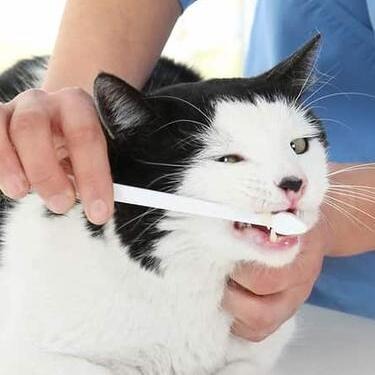 Pet Dental Health: What Happens During a Deep Teeth Cleaning?
Pet Dental Health: What Happens During a Deep Teeth Cleaning?Learn about veterinary dental care for your pet, including deep teeth cleaning procedures, which can help your dog or cat maintain proper dental health.
Read More Virtual Vet Visits: What You Need to Know
Virtual Vet Visits: What You Need to KnowLearn the ins and outs of a televet appointment before you talk to a vet online.
Read More My Pet Ate a Lizard — What Should I Do?
My Pet Ate a Lizard — What Should I Do?Learn what to do if your pet eats a lizard, including whether they can be toxic and symptoms to keep an eye on when they've swallowed one.
Read More -
Kidney health for cats
Kidney health for cats
What is kidney disease in cats?
Chronic kidney disease (CKD) is defined as any abnormality of one or both kidneys that has been present for several months. It is a common condition, affecting about 1 of every 3 cats.1
Your cat’s kidneys play a vital role in removing metabolic wastes from the bloodstream, regulating fluid and electrolyte balance, producing or activating important hormones and helping control blood pressure. If your cat’s kidneys cannot do their job properly, CKD can eventually lead to life-threatening problems.
What causes kidney disease in cats?
The cause of CKD in cats often is unknown; however, several factors
may be involved that could increase your cat’s risk of developing
kidney disease:
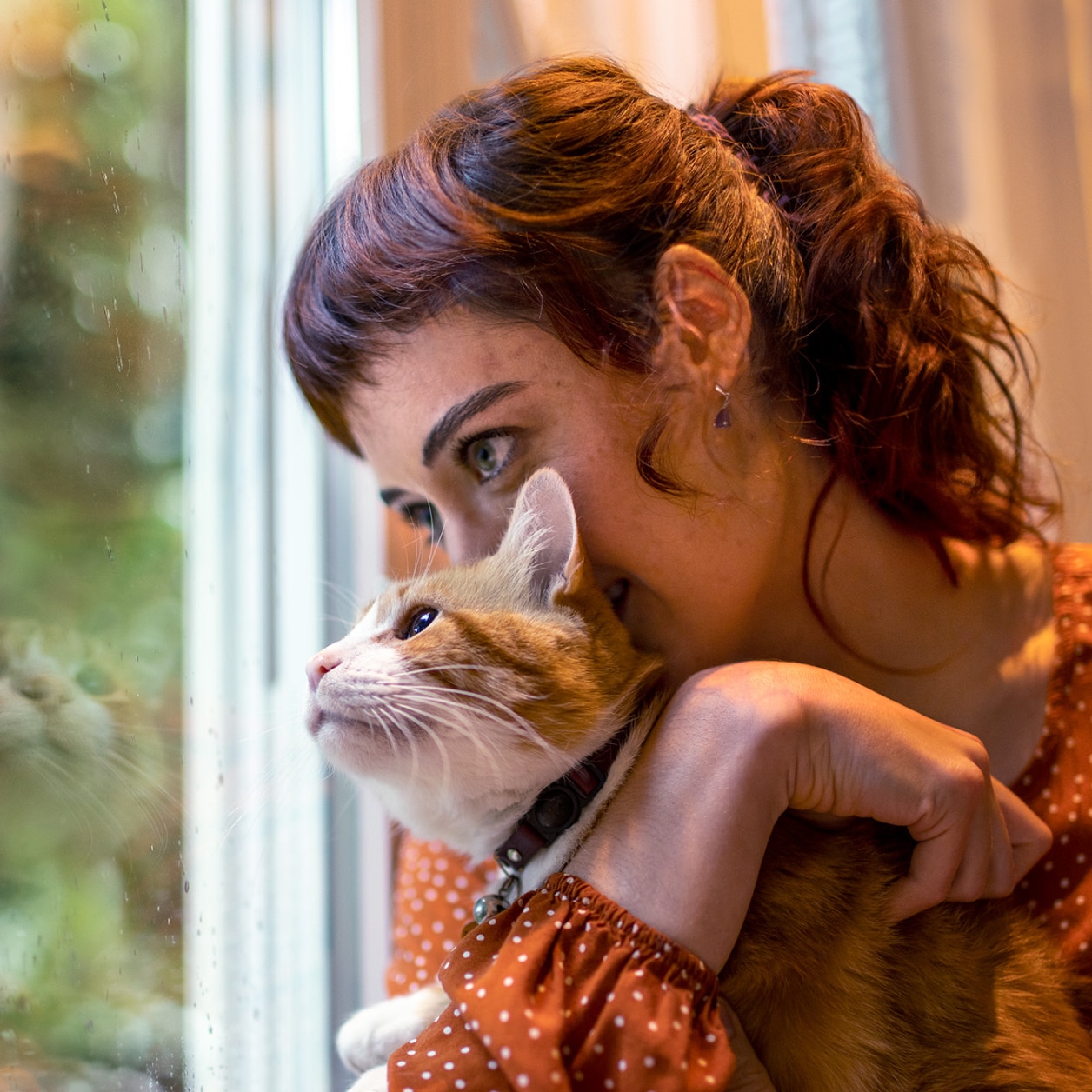

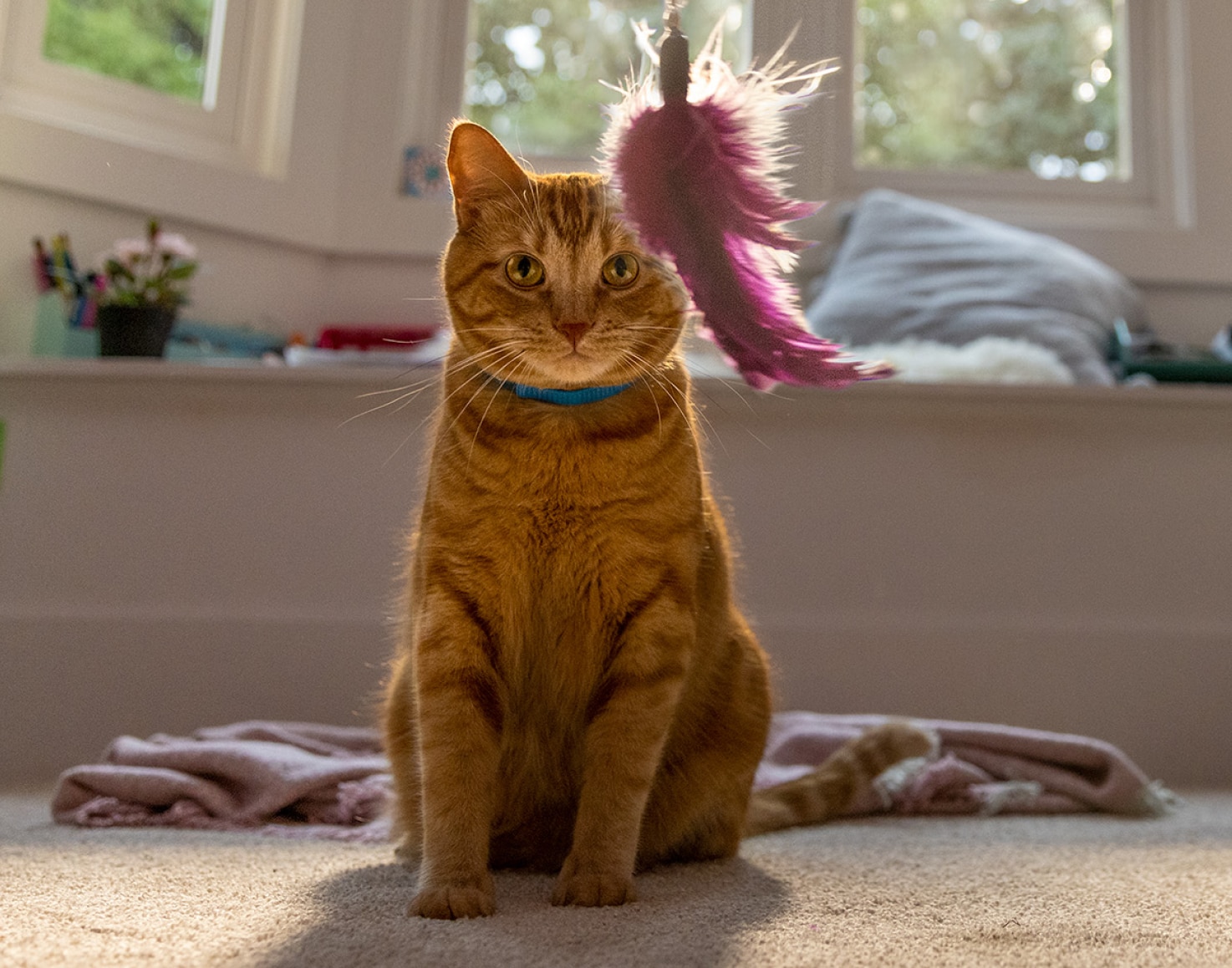

Early detection of kidney disease in your cat
Catching CKD before signs become obvious is important since signs do not typically appear until 75% of kidney function has been lost. At 7 years and older, a cat’s kidney disease risk increases, so be sure to get a “senior screening” during their annual check-up. CKD is progressive and irreversible, but your veterinarian can help provide long-term care and show you how to track signs in older cats.
What are the signs of kidney disease in cats?
The signs of early-stage kidney disease are not visible. On diagnosis, CKD has already been present for some time but may be managed with the help of vet-recommended cat food for kidney disease. Signs of late-stage kidney disease tend to be similar but are far more noticeable to pet parents.


















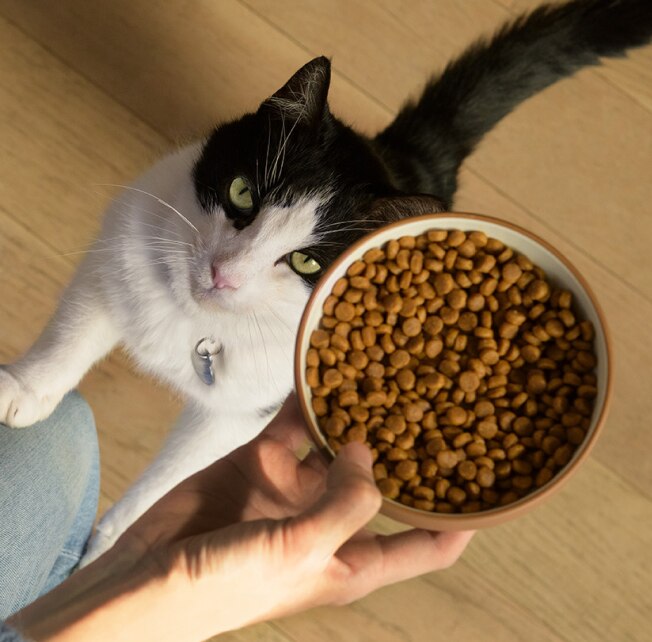
Nutrition for cats with kidney disease
If your cat has kidney disease, the nutrition formulated for them can help make an impact on their lives. Specially formulated therapeutic foods that contain decreased amounts of phosphorus and highly digestible protein, and increased omega-3 fatty acids from fish oil have been shown to support quality and length of life in cats with CKD compared to feeding a non-therapeutic food.
Your cat’s appetite may vary over time when they have CKD and offering different forms (dry, stews) and flavors of an appropriate food recommended by your veterinary healthcare team can be very helpful. The single most important thing you can do is make any changes to a new food gradually because some cats need several weeks or longer to get used to a new food.
What about using a homemade diet for cats with kidney disease?
While it has gained some popularity online, using a homemade food (or a raw food) for cats with kidney disease requires you to take into account several factors, including contamination risks, balancing nutrients, and the overall cost. When looking into nutritional options for cats with kidney disease, it’s always best to get a specific recommendation from your veterinarian.
Nutrition for cats with kidney disease
If your cat has kidney disease, the nutrition formulated for them can help make an impact on their lives. Specially formulated therapeutic foods that contain decreased amounts of phosphorus and highly digestible protein, and increased omega-3 fatty acids from fish oil have been shown to support quality and length of life in cats with CKD compared to feeding a non-therapeutic food.
Your cat’s appetite may vary over time when they have CKD and offering different forms (dry, stews) and flavors of an appropriate food recommended by your veterinary healthcare team can be very helpful. The single most important thing you can do is make any changes to a new food gradually because some cats need several weeks or longer to get used to a new food.
What about using a homemade diet for cats with kidney disease?
While it has gained some popularity online, using a homemade food (or a raw food) for cats with kidney disease requires you to take into account several factors, including contamination risks, balancing nutrients, and the overall cost. When looking into nutritional options for cats with kidney disease, it’s always best to get a specific recommendation from your veterinarian.
Related products

Over 70% of dogs lost weight within 10 weeks when fed this nutrition (USA Study)

Clinical nutrition formulated to help cats lose weight and manage blood sugar

Supports energy level and beautiful fur in indoor cats

Clinically tested nutrition formulated for multiple benefits: digestive health, weight management, blood sugar management and urinary health
Related Articles
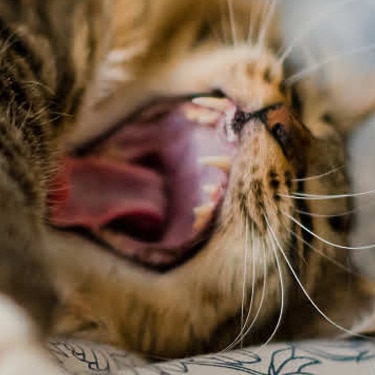
Toxoplasmosis in Cats: Facts, Symptoms & Transmission
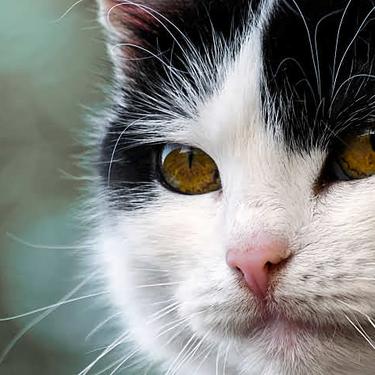
Worried that your cat may have come in contact with ticks? Learn how to identify a tick bite and steps for safely removing a tick from your cat.
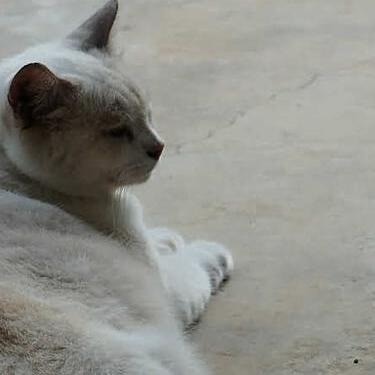
Learn about antifreeze and cats: what to do if your cat drank antifreeze, symptoms of antifreeze poisoning to watch for, treatment and prevention.
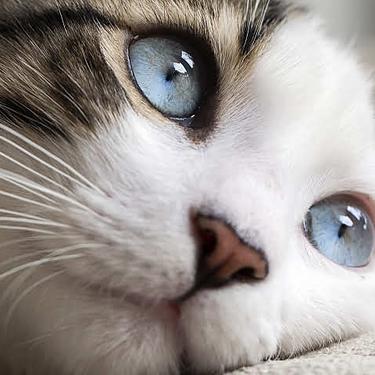
Learn about types of hernias in cats, causes of this condition, possible symptoms and treatment options (including combining it with spaying your cat).
References: 1Lulich JP, Osborne CA, O’Brien TD, Polzin DJ. Feline renal failure: questions, answers, questions. Compend Contin Educ Pract Vet. 1992;14(2):127–153. Brown SA. Renal dysfunction in small animals. The Merck Veterinary Manual website.

